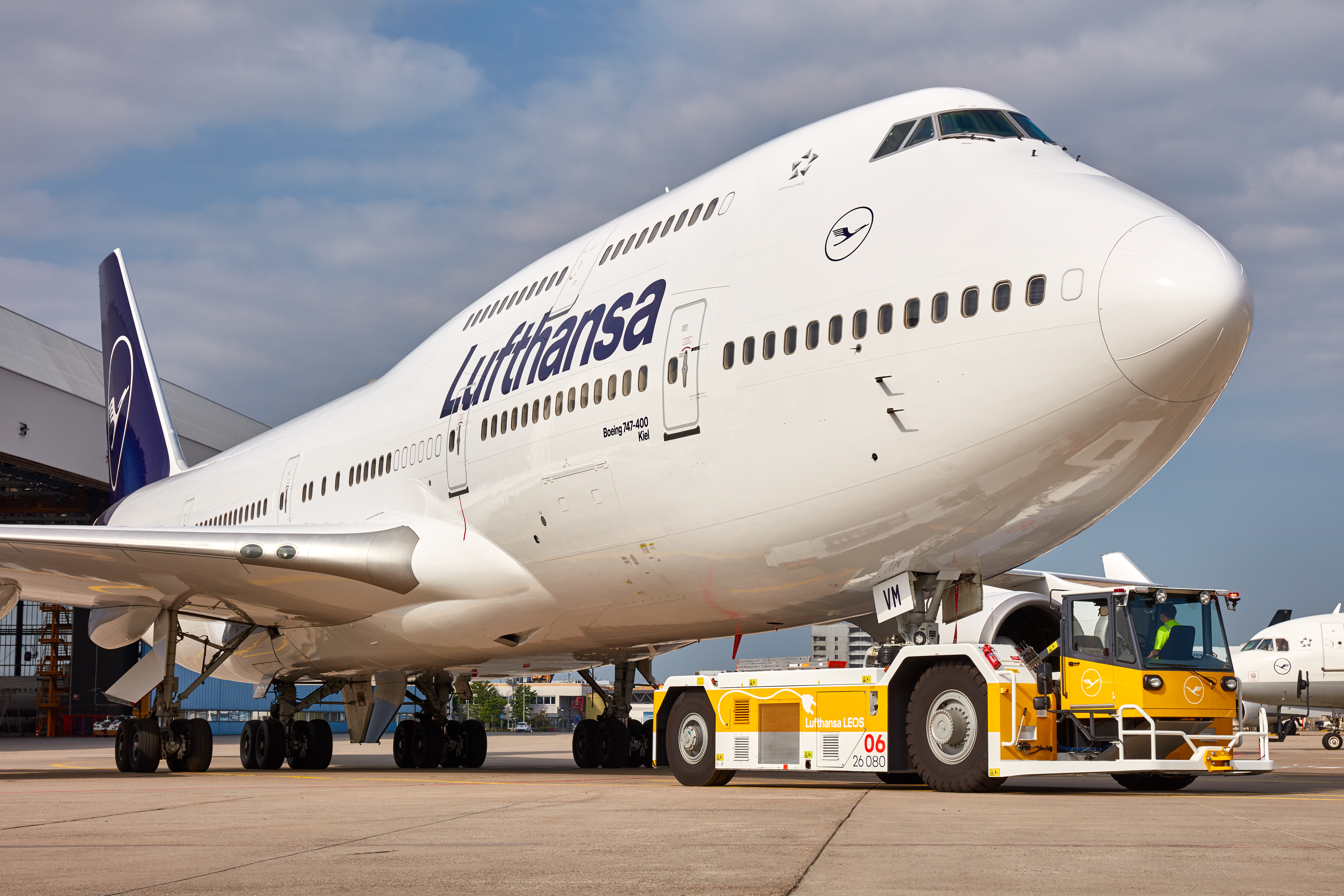
Record Q2 results propel Lufthansa toward best annual results ever

Lufthansa triples its profit and targets one of its best ever annual results /Lufthansa
Europe's leading airline group Lufthansa more than tripled its net profit in the second quarter and expects to post one of the best annual r


Comments
Ready to join the conversation?
You must be an active subscriber to leave a comment.
Subscribe Today